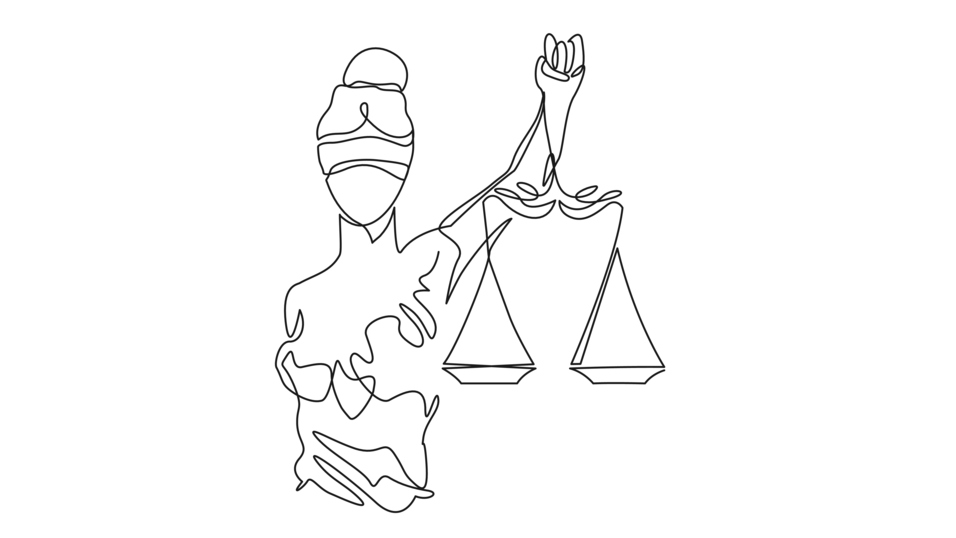Pascal Pichonnaz (ELI President; Professor, University of Fribourg) inaugurated the series, emphasising the importance of the newly published ELI Mount Scopus European Standards of Judicial Independence. These Standards, approved by the ELI in late 2024, consist of 38 provisions covering critical areas such as judicial governance, appointments and promotion, ethical standards, and judicial discipline. Pichonnaz highlighted the collaborative effort behind the project, which included contributions from experts from various vocations across multiple legal systems, and stressed the role of these Standards in ensuring checks and balances within judicial systems.
Shimon Shetreet (Professor, Hebrew University of Jerusalem; Co-Reporter) delivered a comprehensive overview of the Standards relating to Part I on the Foundations of judicial independence, tracing their roots to previous international frameworks, such as the Mount Scopus International Standards and the New Delhi Code of Minimum Standards for Judicial Independence. He described how the ELI Standards have been carefully adapted to the realities and challenges of European jurisdictions. Among other things, Shetreet emphasised the balancing act between judicial independence, accountability, and public confidence while maintaining a steadfast commitment to liberal democratic principles. He highlighted the universal relevance of the Standards, designed to resonate both within Europe and on a global scale, and the need to nurture a culture that robustly defends judicial independence.
Leonie Reynolds (Judge, High Court of Ireland; President, Consultative Council of European Judges (CCJE) of the Council of Europe) discussed the strong alignment between the ELI Standards and CCJE opinions. She drew attention to the importance of these Standards in reinforcing judicial independence and impartiality across European jurisdictions. Reynolds reflected on the CCJE’s role in addressing critical judicial challenges particularly including judicial reforms in countries like Ukraine and Poland. She underscored the importance of constant vigilance in safeguarding judicial integrity, emphasising the pressing need for such standards amidst increasing threats to the independence of judiciaries across Europe.
Nicolaas Bel (Deputy Head of Unit, Rule of Law, DG JUST, European Commission) highlighted judicial independence as a cornerstone of democracy and fundamental rights. He detailed the Commission’s efforts to promote the rule of law through tools like the annual Rule of Law Report and the EU Justice Scoreboard, which assess judicial independence across Member States. Bel also emphasised the importance of collective responsibility among EU Institutions, Member States, and legal professionals to uphold these standards. His remarks showcased the tangible ways in which the EU is working to address threats to judicial independence and to ensure effective judicial protection under Union law.
Sabine Matejka (Judge; Vice-President, European Association of Judges (EAJ)) praised the ELI Standards for their structure, clarity, and thorough commentary. She emphasised their potential as a public education tool to demystify the role of judges and the concept of judicial independence as well as to foster greater trust in judicial institutions. Matejka highlighted pressing challenges, such as inadequate judicial remuneration and constrained budgets, which can undermine judicial effectiveness and independence. She called for stronger alliances between judges and other legal professionals to combat these issues and protect the rule of law from governmental overreach, noting the pivotal role of public awareness in this endeavour.
Leah Wortham (Professor Emerita, The Catholic University of America; Co-Reporter) expanded on the interconnectedness of judicial governance, appointments, and discipline and other areas addressed by the Standards. She emphasised the need for clearly articulated values and adaptable frameworks to accommodate the complexities of modern judicial systems. In echoing Matejka, Wortham warned against indirect threats to judicial independence, such as budgetary constraints or administrative pressures, which can erode trust and autonomy over time. She called for a holistic approach that recognises how systemic factors collectively shape the integrity and resilience of the judiciary.
The interventions were followed by lively discussions.
More information about the project is available here. The ELI-Mount Scopus European Standards of Judicial Independence are available here.
The recording of the webinar is available below.
Other webinars in the series:
- Webinar II on Judicial Governance and Judicial Appointments and Promotion, 29 January 2025 from 12:30–14:00 CET – register here.
- Webinar III on Ethical Standards and Judicial Discipline, 12 February 2025 from 12:30–14:00 CET – register here.

